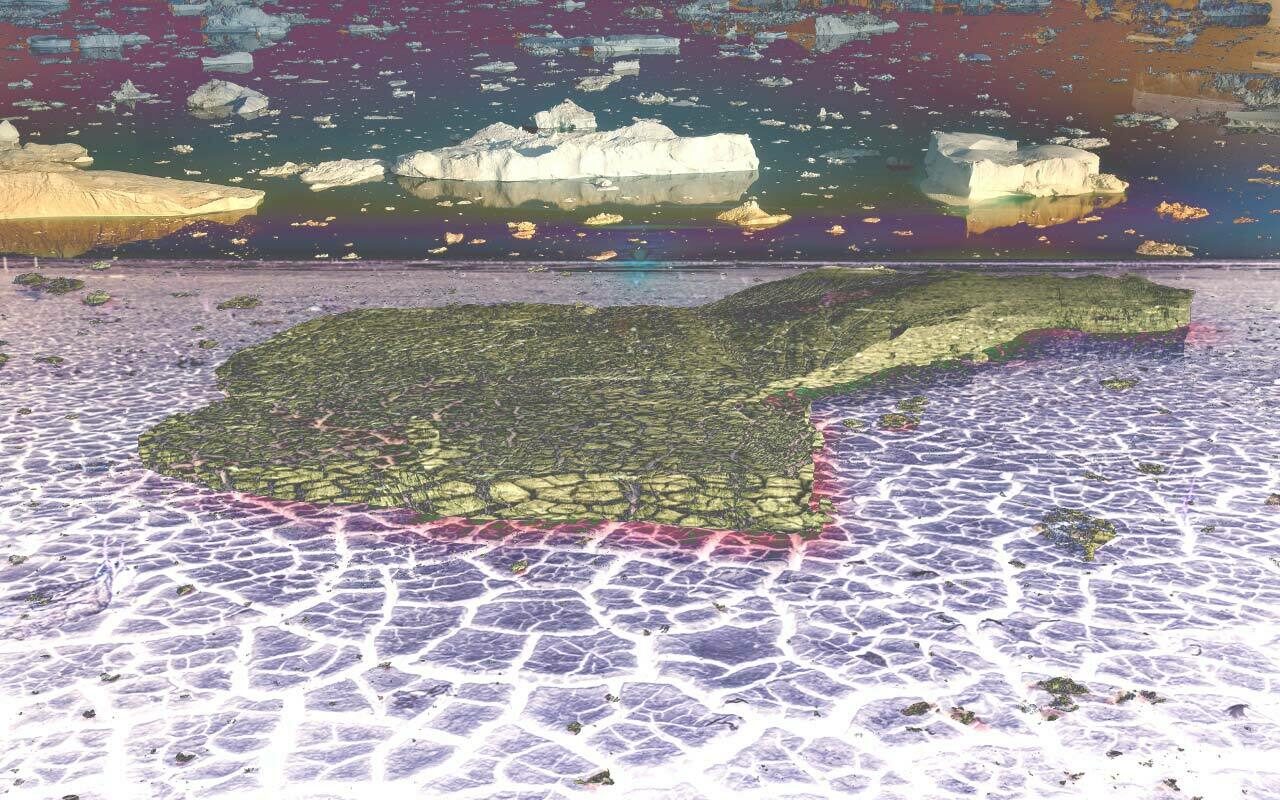Framing and Reframing Archives
Introduction
December 10, 2021editorial,
As part of its commitment to building a research culture, each year the Royal Academy of Art, The Hague (KABK) supports a selection of tutors to develop research projects through and by means of, or adjacent to, their art and design practices. The projects are distinct but often connected by shared thematic currents, methods or approaches.

During the 2019–2020 KABK Research Group, four of the tutor-researchers addressed images and image collections and how they might be reread and reframed through art and design research. Photographer Andrea Stultiens worked with the archive of the anthropologist Paul Julien located in the Fotomuseum in Rotterdam, guided by the desire to activate Julien’s problematic legacy through ‘collective making’ as a contribution to a more nuanced understanding of the depiction of ‘others’. Graphic designer Lauren Alexander assessed the artistic work she had produced together with Ghalia Elsrakbi under the name Foundland Collective, which uses existing historical and institutional archive material but also actively generates subjective and participatory ‘counter-archives’ to provide a home for marginalised perspectives left out of dominant historical and media narratives. Artist Marthe Prins identified an archive of photographs taken by Schengen border security guards submitted to a photography competition, and problematised the aestheticisation of the ‘operational image’ through image analysis, performance and speculative fiction. Architect and artist Lyndsey Housden tackled an archive of images that resided partially in her own body. Working with movement practices she sought to counter the fixed-state, predictive and disembodied technological imaging deployed by Western medicine with imagery and an imaginary that derives more directly from the lived-body experience of a chronic condition.
Together, these individual projects contribute to a collective imperative to decolonise and decentre the mandates and narratives that shape the archive and to critique and counter-model our increasingly operationalised image world. With their disciplinary roots in photography, art, graphic design and architecture, these researchers have engaged with discourses and experimented with methods from many other fields including speculative performance, collective making, yoga and movement practices, soft robotics, drawing, participatory documentation and reenactment.
In the essays published here the researchers reflect on what these methods and discourses afforded, their findings, positioning in relation to the material, doubts and dilemmas and the ways in which they want to continue their research journeys. In the Lectorate Design at KABK it is our hope that insights like these that arise from the results, but also from the process, of experimental research in the context of an art and design academy can make a contribution to practice, to education and to knowledge at KABK and beyond.
Alice Twemlow is a Research Professor at the Royal Academy of Art, The Hague (KABK) where she leads the Lectorate Design with the theme Design and the Deep Future. She is also Associate Professor at Leiden University in the Academy for Creative and Performing Arts, where she supervises design-focussed PhD candidates. Previously, Twemlow was Head of the Design Curating & Writing Master at Design Academy Eindhoven, and before that, she was Founding Chair of the Design Research, Writing & Criticism MA at the School of Visual Arts in New York. Twemlow writes about design for a range of publications, including Eye, Dirty Furniture, frieze and Disegno. She has a PhD in Design History from the Royal College of Art and Victoria & Albert Museum, London, and is the author of Sifting the Trash: A History of Design Criticism (MIT Press, 2017).